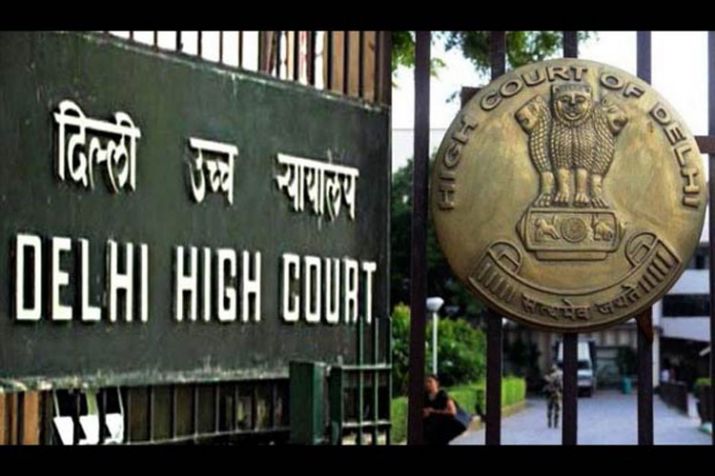It takes years to build a reputation, and therefore, the right to reputation has been recognised as a fundamental right under Article 21 of the Constitution, said the high court. The context was a attack on the principal of a Catholic school who was accused harassing nuns by the BJP weekly, organiser.
The Delhi high court has ordered Rashtriya Swayamsevak Sangh (RSS) weekly Organiser to take down an article alleging that the principal of a Delhi-based Christian minority school was exploiting nuns and Hindu women and was involved in sexual activities with students, staff members and chefs, Bar and Bench reported.
The article titled ‘Indian Catholic Church Sex Scandal: Priest exploiting nuns and Hindu women exposed’ was published in Organiser and another news platform, The Commune, in June.
Justice Jyoti Singh directed both publications to remove the defamatory article from their platforms.
It takes years to build a reputation, and therefore, the right to reputation has been recognised as a fundamental right under Article 21 of the Constitution, the bench observed, per the news report.
“No doubt, Article 19(1)(a) of the Constitution provides the right of freedom of speech and expression to all persons, however, it cannot be overlooked that the same is subject to restrictions under Article 19(2) which includes defamation. The right to freedom of speech and expression cannot be taken as an unfettered right so as to defame and tarnish the reputation of another person. It has been repeatedly held by Courts that fundamental right to freedom of speech has to be counterbalanced with the right of reputation of an individual.”
The high court said that prima facie, Organiser and The Commune published the articles “in a reckless manner without any factual verification”, the report said.
Additionally, the court said that the news coverage was harming the reputation of the school principal. The principal is a well-regarded individual within the country and has affiliations with multiple educational establishments, it added.
It noted that the school principal has presented a strong case in his favour. The principal said that as long as these articles remain in the public domain, there is a high likelihood that they will keep causing harm to his reputation.
The court said that a police complaint has been filed against the two platforms and is pending inquiry.
Consequently, the Court issued an ex parte ad-interim injunction against the two platforms.
The order refrained from disclosing the identity of the plaintiff and the school he was associated with. This was done to uphold anonymity and safeguard their respective reputations.
Courtesy: The Wire
